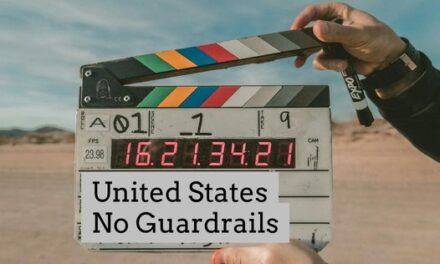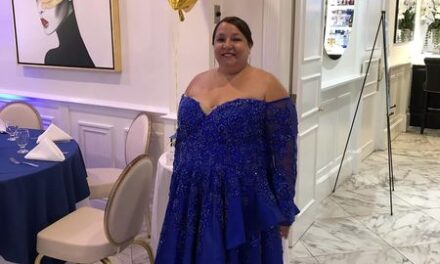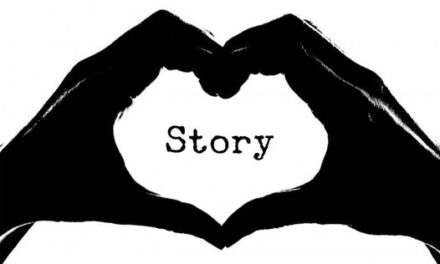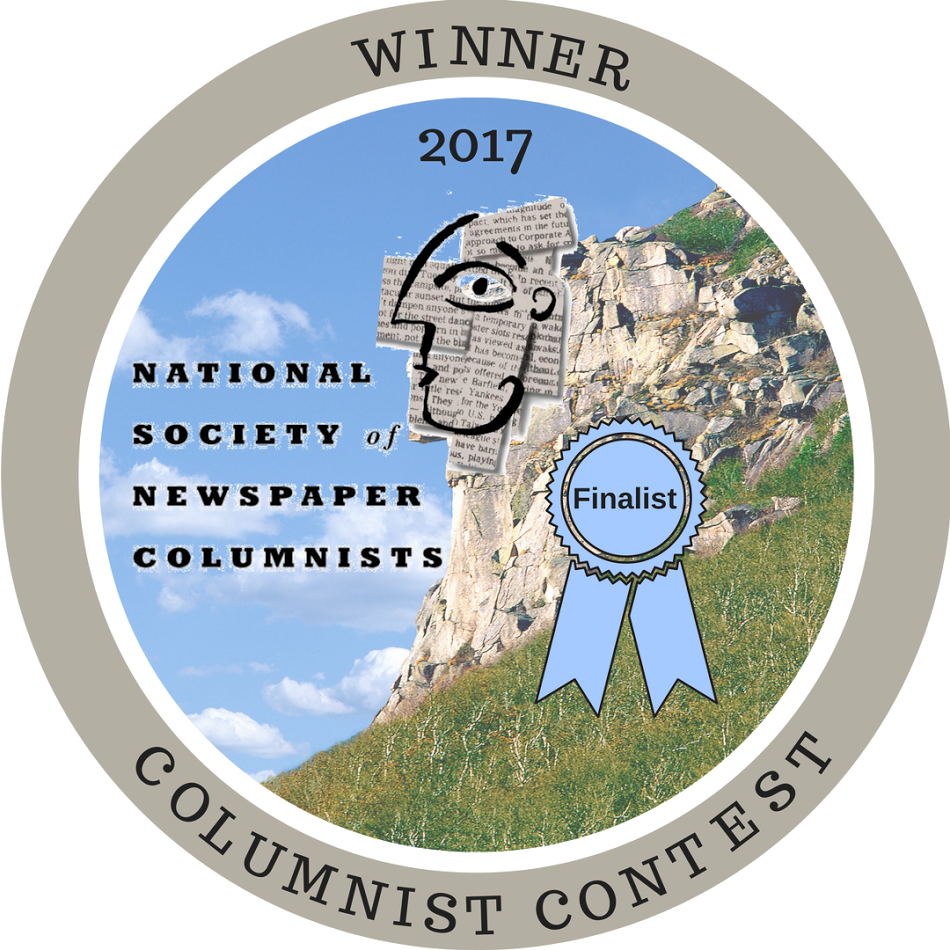Over the last few decades, I’ve come to strongly believe that things enter our awareness at certain times for a reason. It’s up to us to be attentive enough to stop, say, “Wow, I’m feeling a strong pull to swing by that store, watch that film, check out that café” and then heed the sign.
And then the store happens to have that lamp you’ve been eyeing but now it’s a drastically reduced price, the film has a relatable character that gives you insight into a dilemma you’re having, at the café you run into someone you’ve been wanting to connect with.
It’s not magic, but it sure feels like it sometimes.
I did that recently with Matt Haig’s book, ‘The Midnight Library.’ I’m clearly late to it (pub date is 2020) in the big picture, but not on the smaller scale that is my life. I received it from a friend for my birthday in December, but was awaiting cataract surgery and it was difficult to read books.
The other day it beckoned me from across the room, the top book in a pile “to be read.” I heeded the call. I dug in.
The main character, Nora, wants to kill herself, but when she attempts it, she finds herself in a place that shows her alternate lives, regrets played out, possibilities once ignored now … well, possible. So many paths and what life looks like on those paths, a la ‘It’s a Wonderful Life’ only much more intricate and imaginative.
The book is essentially the reader going on all these possible alternate journeys with Nora. Haig mixes it up, sometimes detailing harrowing storylines, other times dreamy ones. I got lost in one where Nora follows her once-dominant idea to be a glaciologist and she’s in Svalbard in the Arctic Ocean, tasked with being the team lookout for polar bears.
“… [This] was definitely a bit shit. There were surely lives where she was sitting beside a swimming pool in the sunshine right now. Lives where she was playing music, or lying in a warm lavender-scented bath, or having incredible third-date sex, or reading on a beach in Mexico, or eating in a Michelin-starred restaurant, or strolling the streets of Paris, or getting lost in Rome, or tranquilly gazing at a temple near Kyoto, or feeling the warm cocoon of a happy relationship.”
And yet there in an icy land she experiences a kind of solitude she’d never known before. The precarious kind that teaches you things.
This reader has just come through a weird haze of recoveries (two knee replacements, two cataract surgeries) that came on the heels of a global pandemic. I wouldn’t describe it as a time of hardship as much as one with temporary physical limitations that rippled into other areas of my life.
What a perfect time to think about my other possibilities, regrets, dreams, preconceived notions, and even bucket list kinds of things. While I don’t exactly have one of those, I could certainly call up a handful of experiences I assumed I’d have in this lifetime. I am open to new ones, but also inventive ways to make those others happen.
As a bonus, reading ‘The Midnight Library’ has given me some fresh approaches to problem solving in my life coaching practice.
Haig writes:
“Look at how ordered and safe and peaceful [the chessboard] looks now, before a game starts. It’s a beautiful thing. But it is boring. It is dead. And yet the moment you make a move on that board, things change. Things begin to get more chaotic. And that chaos builds with every single move you make.”
Here we go, at attention, welcoming the magic.
[Editorial Note: This is my 14th installment in a series I began in order to give my writing some flow after being in a healing phase from knee surgeries for a year (2023-24).]






